
A Man Dies After Eating Leftovers: 5 Foods You Should Never Eat as Leftovers
A Man Dies After Eating Leftovers: 5 Foods You Should Never Eat as Leftovers
For many of us, it’s a common habit to save leftover food in the fridge to eat later. Some people even cook a large batch of food to last for several days. However, a recent tragedy serves as a serious warning about this practice.
A story from China reported that a man in his 50s died after eating leftovers. He suffered from severe, constant diarrhea, experiencing more than ten bouts a day. He was admitted to the hospital for IV fluids, but during treatment, he suddenly fainted. He was transferred to a larger hospital, but by the time he arrived, his heart had stopped. After nearly 40 minutes of resuscitation efforts, he passed away.
According to doctors, the man likely developed acute enteritis (inflammation of the intestines) from eating old leftovers. The severe diarrhea led to a critical imbalance of electrolytes in his body, which ultimately caused a life-threatening condition known as severe acidosis and hyperkalemia (high potassium levels), which his body could not overcome.
How Dangerous Are Leftovers?
The term "leftovers" doesn't just refer to food from the night before; it refers to any cooked food that has been stored for more than 8-10 hours. While proper storage can reduce the risk of illness, a study from a food testing and research institute in Ningbo, China, highlights how quickly certain foods can become unsafe.
In the study, researchers cooked 30 common dishes and stored them at two different temperatures: 4°C (refrigerator temperature) and 25°C (room temperature). Here’s what they found:
-
Vegetables stored at 4°C for less than 6 hours: The content of nitrite and the number of microbes remained low and safe.
-
Vegetables stored at 25°C for more than 6 hours: While the nitrite content didn't change much, the number of microbes grew significantly.
The study concluded that as long as leftovers are stored at a low temperature (below 4°C) for no more than 24 hours, they are generally safe to eat. However, while some foods may not be life-threatening, they can lose nutritional value and still pose a risk due to bacterial growth.

5 Foods You Should Never Eat as Leftovers
While proper food handling is important for all leftovers, some foods should be consumed on the same day they are cooked.
1. Mushrooms and Wood Ear Mushrooms
These fungi contain complex proteins that can become harmful to the digestive system when reheated. Additionally, they have high nitrate content, which can produce toxins when stored for too long, causing stomach discomfort. It's best to eat them fresh.
2. Green Leafy Vegetables
Leafy greens have a high nitrate content. When left at room temperature for an extended period, the nitrate can turn into harmful nitrites. The nutritional value also decreases significantly. This is especially true for vegetables with stems and leaves.
3. Tofu and Other Soy Products
Soy products like tofu and soy milk are rich in protein and nutrients, making them a perfect breeding ground for microorganisms. If stored improperly or for too long, they can be contaminated by bacteria like Clostridium botulinum, which can cause a life-threatening form of nerve paralysis.
4. Soft-Boiled Eggs
Eggs with a runny yolk are not fully sterilized during cooking. If left for too long, they can become a breeding ground for bacteria, as their rich nutrient content provides an ideal environment for microbial growth.
5. Seafood
Some bacteria naturally present in seafood are not completely eliminated by cooking. These bacteria can multiply quickly after the food is stored in the refrigerator, and the resulting protein breakdown products can be harmful to your liver and kidneys.
How to Safely Store Leftovers
If you must store leftovers, follow these tips to reduce the risk of illness:
-
Refrigerate Immediately: Do not leave cooked food at room temperature. Store it in the refrigerator as soon as it cools down to prevent rapid bacterial growth.
-
Store in Separate Containers: To avoid cross-contamination, store cooked vegetables and meat in separate, airtight containers.
-
Consume Quickly: It is best to eat leftovers within one day. You should never reheat the same dish more than once.
News in the same category


🌅 Three Morning Symptoms That Could Be Early Warning Signs of Cancer

Woman shares ’embarrassing’ symptoms she regrets hiding from doctors as she’s diagnosed with incurable cancer

They say the eyes are the windows to the soul — but what about the mind’s eye?
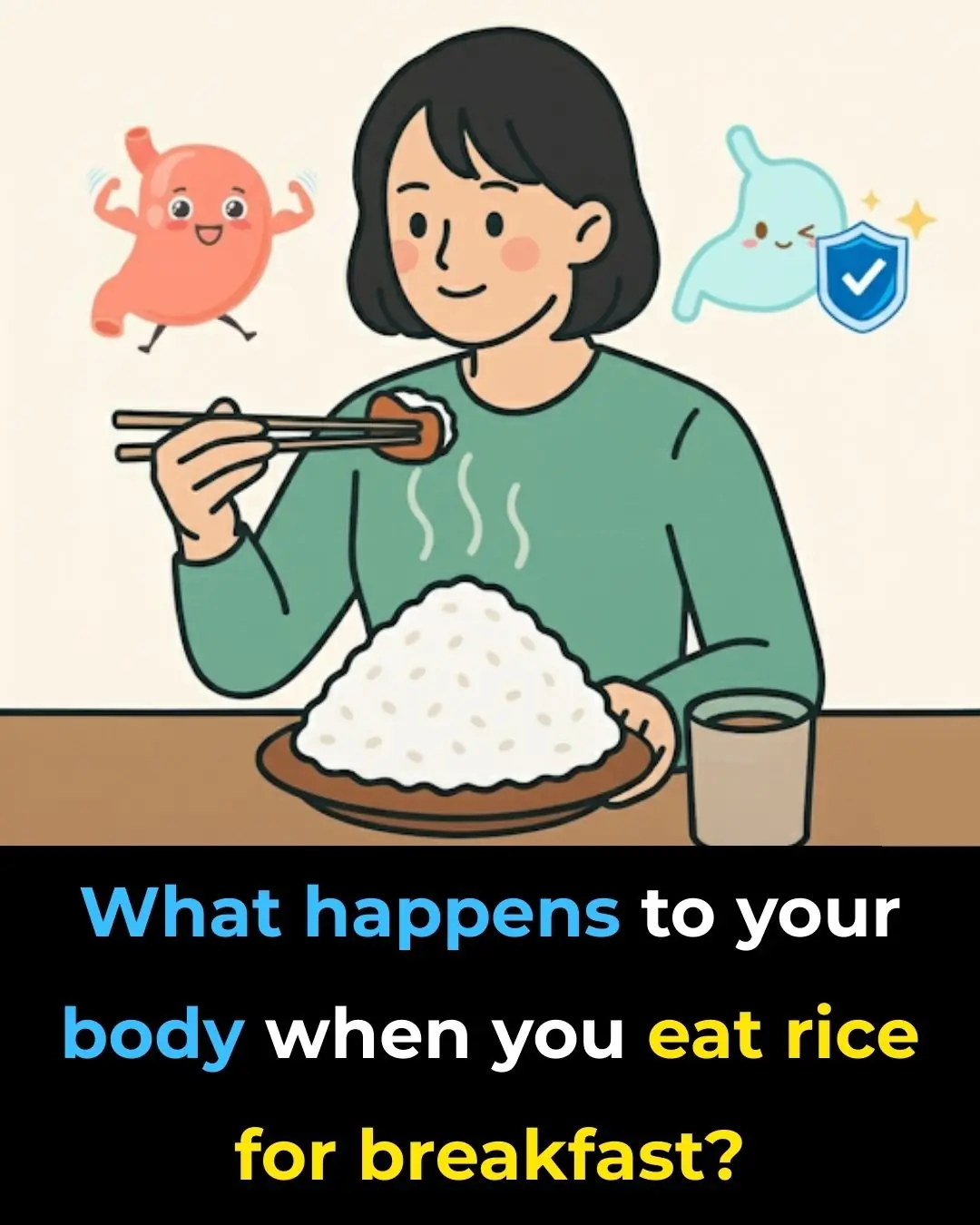
Should You Eat Rice for Breakfast

Japan has a Lower Rate of Breast Cancer than the U.S. – This Nutrient Makes the Difference

How To Do a 3-Day Sugar Detox to ACCELERATE Fat Loss And Improve Your Mood!
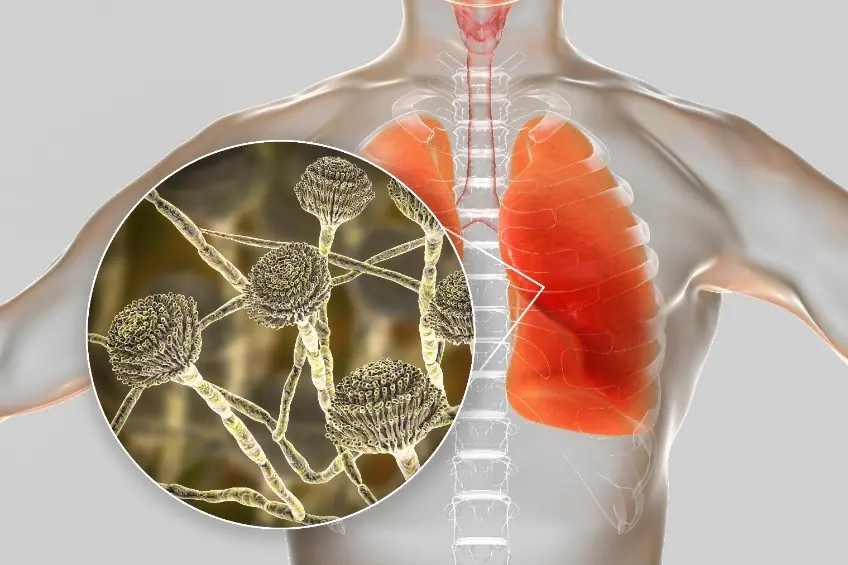
10 Early Warning Signs You're Being Exposed to Mold Toxicity
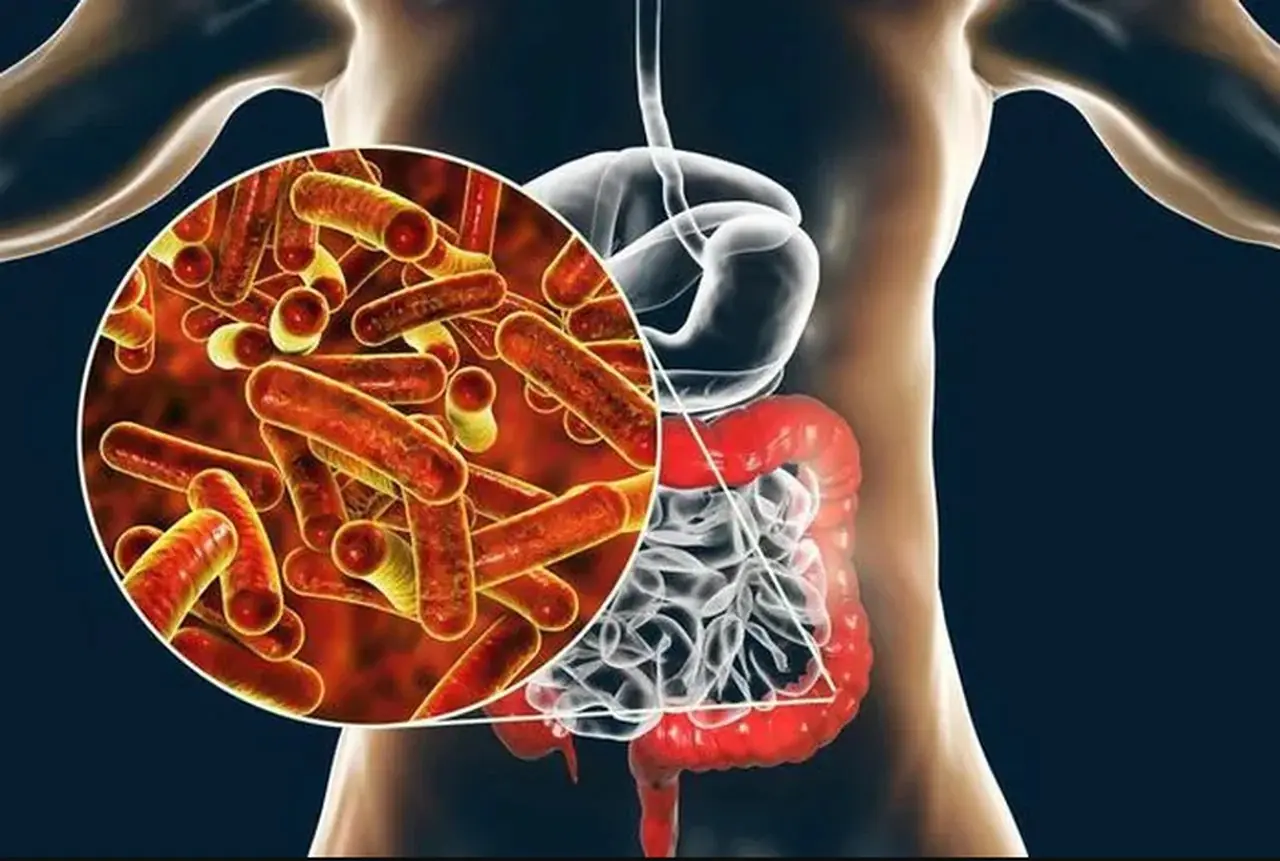
The Ten Foods You Should Start Eating Now to Cleanse Your Colon
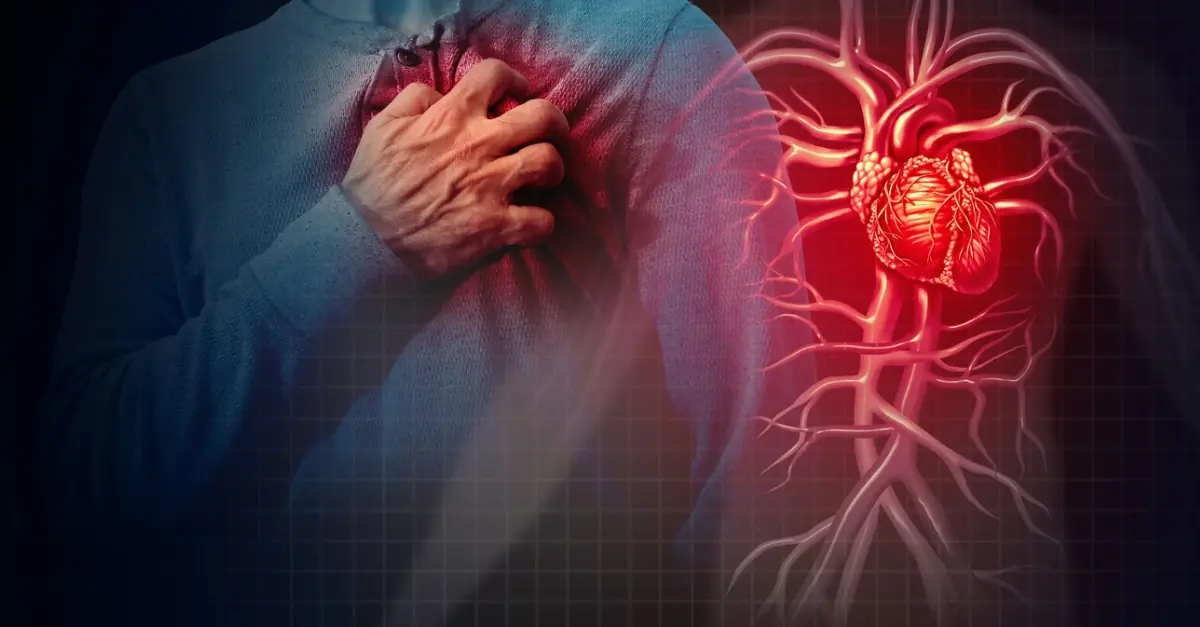
Stop Doing These Habits and Prevent 80% of Heart Attacks
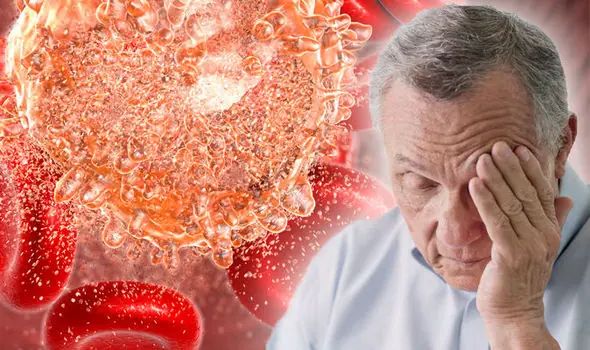
3 Early Morning Symptoms That Could Signal Cancer
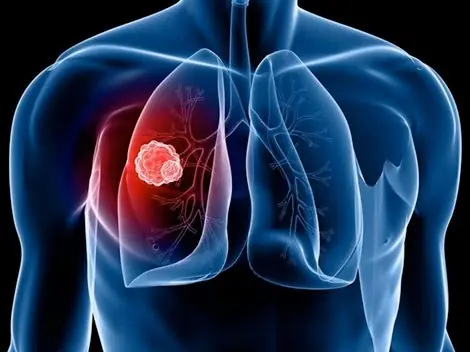
If You Notice These 7 Symptoms, Get Checked for Lung Cancer Immediately
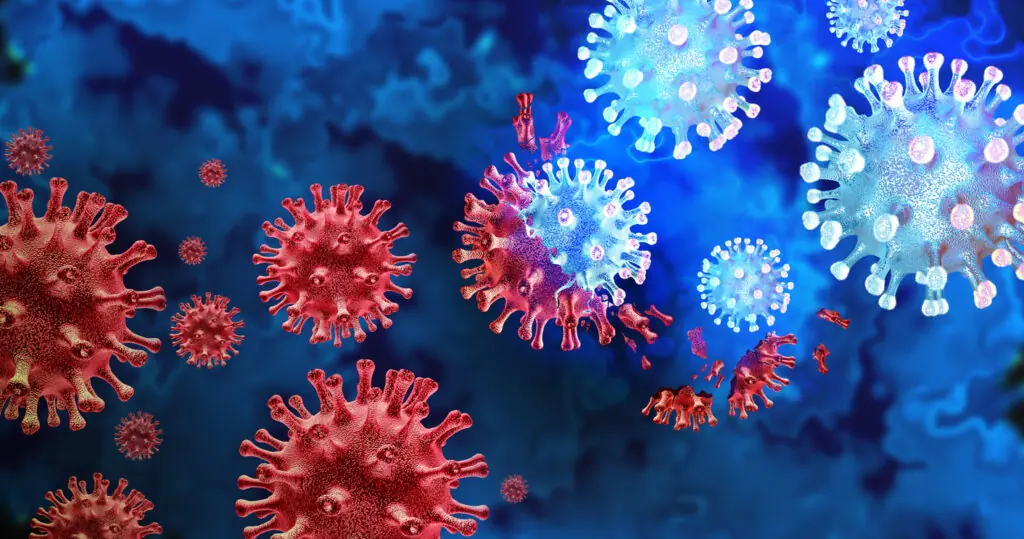
10 Warning Signs of an Autoimmune Disease and How to Reverse It

Top Signs of Iron Deficiency and How To Increase Iron Levels In Your Blood

How to Get Rid of Worms in Humans (Including Parasite Cleanse Diet)

Why You Might Be Waking Up With a Dry Mouth

What Do Vertical Nail Ridges Mean After 40

Could OTC Remedies Really Work for Depression?
News Post

Seniors: Take This for 5 Nights and See What Comes Out in Your Stool!

Clove benefits for Skin – Clove Oil, Clove Gel & Clove ice cubes
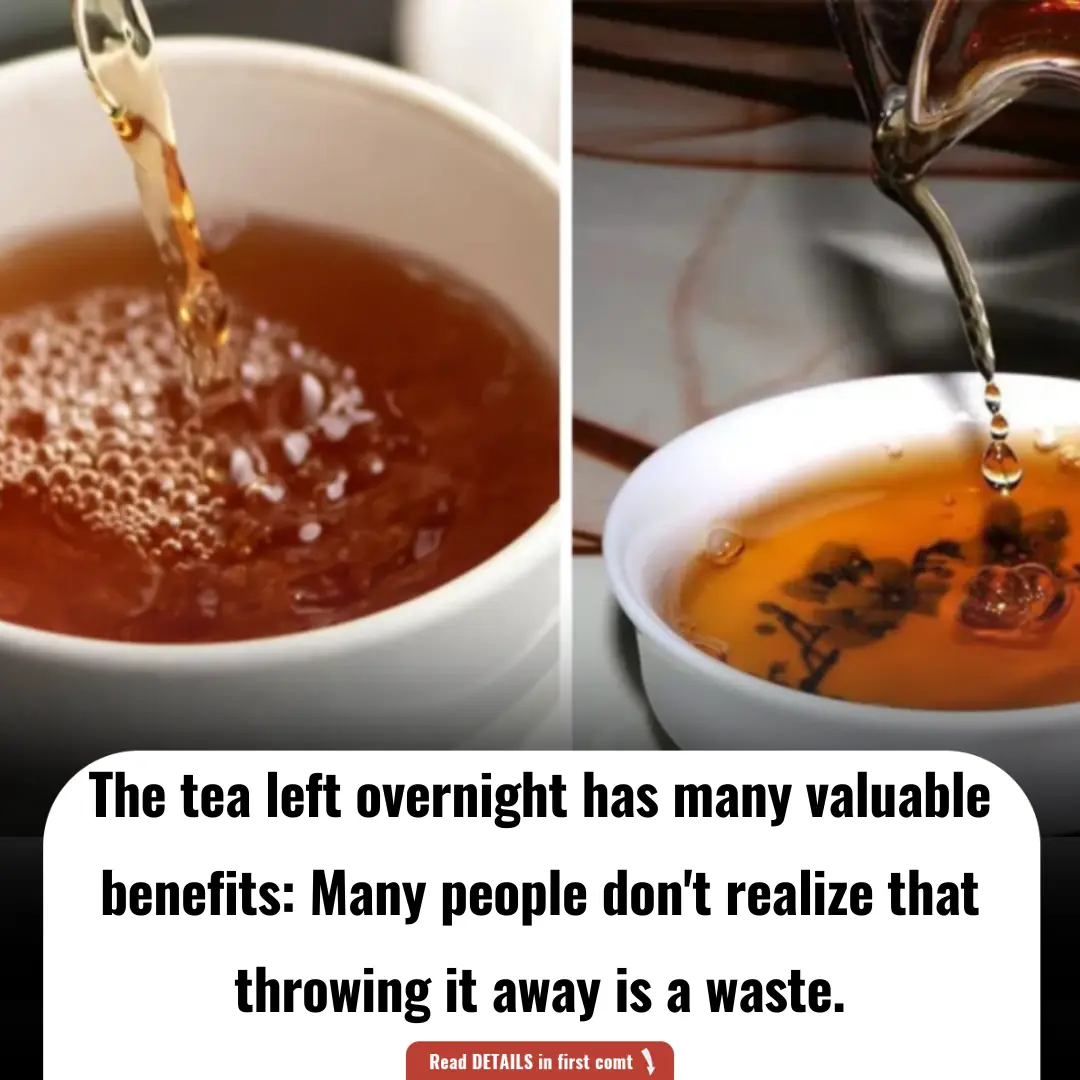
The Surprising Benefits of Overnight Tea: A Wasteful Habit You Might Not Know About

How to Clean Limescale Off Your Faucet in Just 25 Seconds with a Simple Trick

How to Clean Your Air Conditioner Easily in Just 15 Minutes — No Technician Needed, Even Women Can Do It Effortlessly
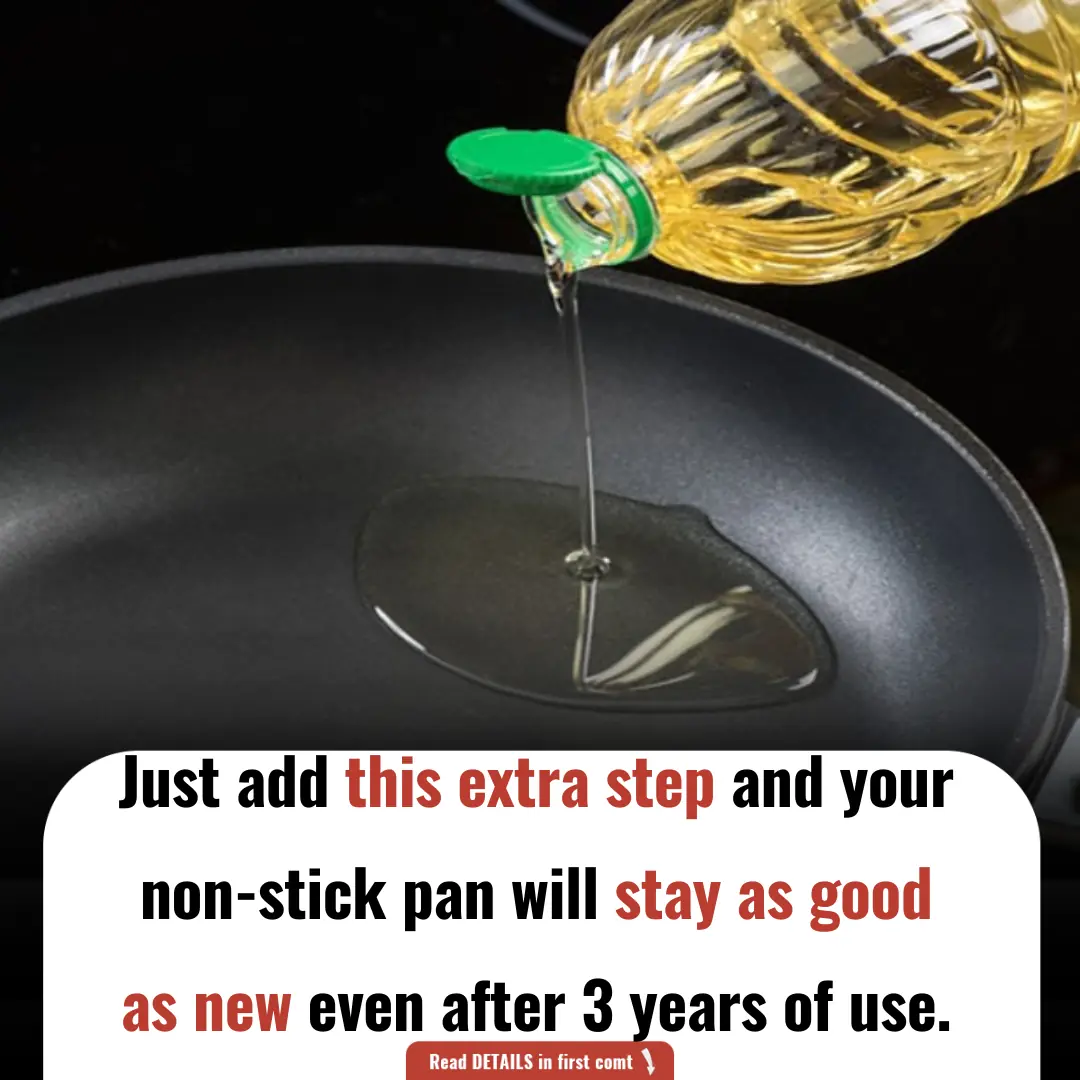
How to Keep Your Non-Stick Pan as Good as New for 3 Years: Simple Tips and Tricks

Using Electric Kettles to Boil Water: 9 Out of 10 Households Make This Mistake — Remind Your Loved Ones to Fix It Early

These 3 types of “acne” on the body could be cancerous; whether male or female, no matter the age, don’t ignore them.

Why Some People Can’t Handle Spicy Food

The hidden meaning of thumb rings: what they represent for women vs. men

The Small Hole on the Sink: A Feature You Never Knew You Needed

🌅 Three Morning Symptoms That Could Be Early Warning Signs of Cancer

Woman shares ’embarrassing’ symptoms she regrets hiding from doctors as she’s diagnosed with incurable cancer
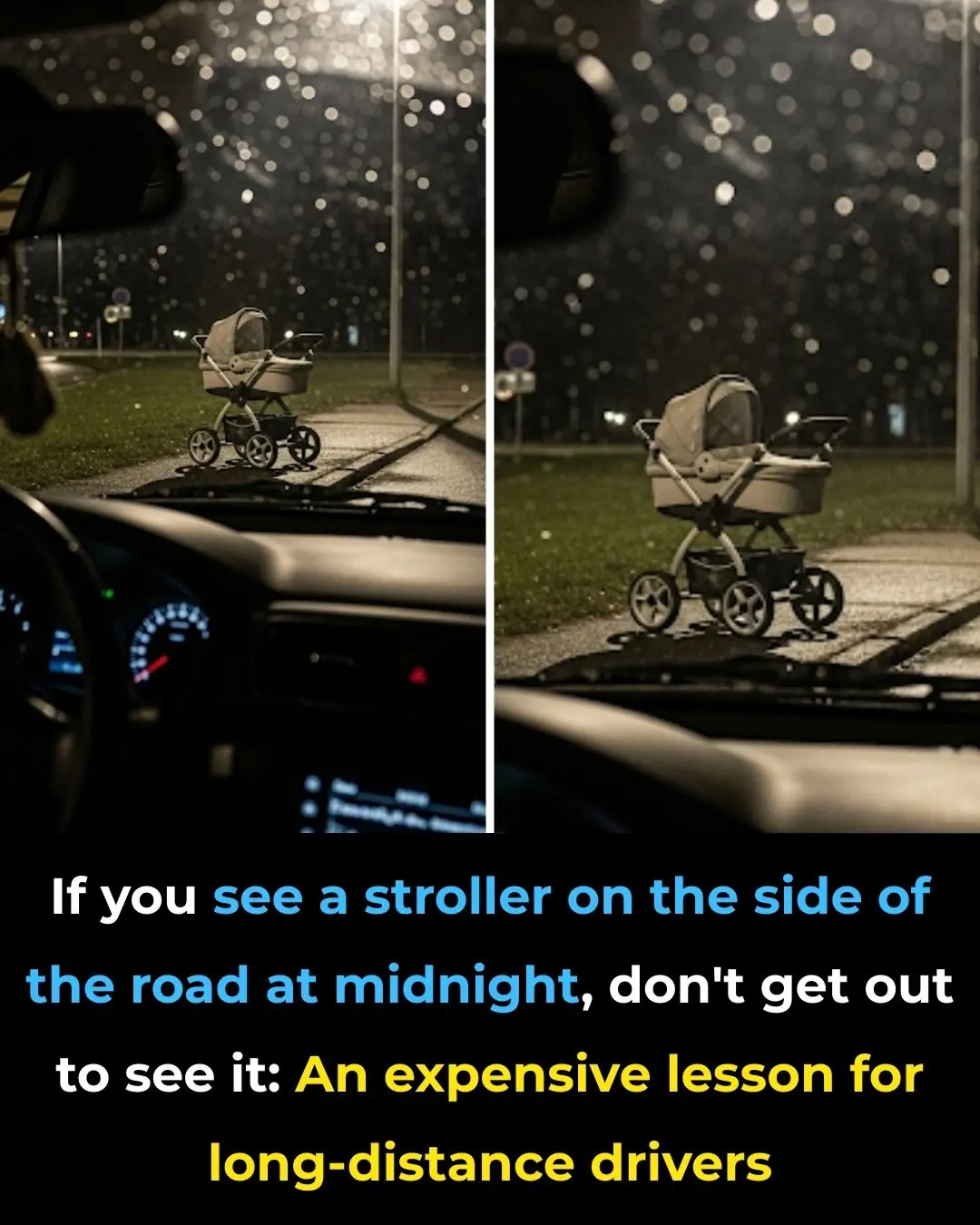
Concerned Woman: Beware of Abandoned Prams on Roadsides!

Your Character According to Your Sitting Style

They say the eyes are the windows to the soul — but what about the mind’s eye?

Should You Eat Rice for Breakfast

Japan has a Lower Rate of Breast Cancer than the U.S. – This Nutrient Makes the Difference

How To Do a 3-Day Sugar Detox to ACCELERATE Fat Loss And Improve Your Mood!
